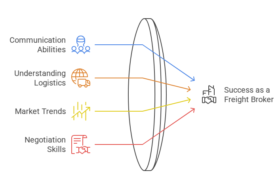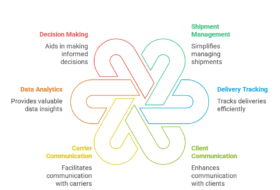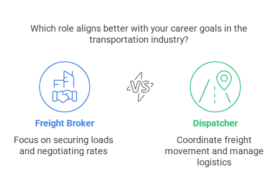an independent freight brokers
Every day independent freight brokers help cargo companies find the best transportation to move our nation’s products from city to city, state to state and internationally. Independent freight brokers work on their own without the security and support of a larger business structure. Brokers negotiate their own contracts and are paid directly by the freight company. Becoming independent brokers requires not only training in the freight industry but a federal license and registration as a business entity with the state.
Instructions
1. Train as a freight broker. Freight and transportation training programs are helpful to learn the basics of the freight business. However, many brokers learn on the job. Even a job as an office administrator or truck loader will get a future broker started in the industry.
2. Work with a freight broker. Work as an assistant to or apprentice with an experienced freight broker to get hands-on training. Working with a large freight company can provide paid, on-the-job training as a freight broker.
3. Build a list of freight and trucking contacts. A freight broker’s work is dependent upon her list of contacts and business connections. This is even more important for an independent broker who must initiate contracts and shipments on a daily basis.
4. Obtain your broker license from the Federal Motor Carrier Safety Administration. All transportation brokers in the U.S. must be licensed through the FMCSA, a division of the Department of Transportation, as an operating authority. The FMCSA requires a completed application, a $300 application fee, a $10,000 surety bond and a Designation of Process Agent form called a BOC-3 for each state the broker will be working in. Visit the FMCSA for the broker authority application and instructions for the application.







